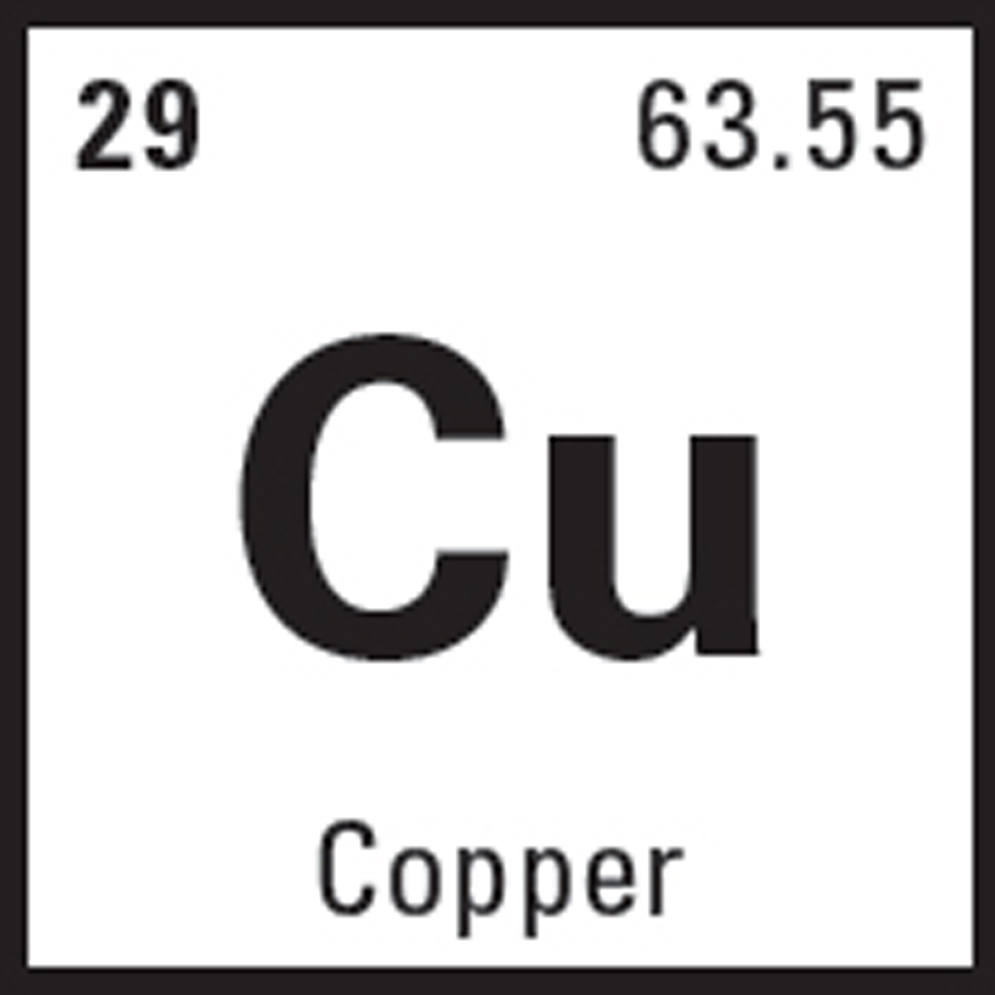

Czar’s real name is Charles Lindblom. Does the name not sound innocent? Like the name of an upright bank manager or a gallant aviation hero making a transatlantic flight. When I shared this thought with Johnny, he said that to him the name Charles Lindblom sounded no more innocent than the name Charles Manson.
I am visiting Czar at the Sal Paradise Infirmary. I come in disguise, if a baseball cap can be considered a disguise. Johnny and I found it in our hideout. We have been holed up in an unused janitor’s office in the basement of the Marcy Lewis Gymnasium next to the West Wall in Five. All day long, we hear the bouncing of basketballs overhead. The sound would drive us crazy, Johnny half-joked, were we not already so.
Another item found in our hideout is a Hardy Boys novel, in fact The Flickering Torch Mystery. I am pretending to read the book during my visit. The title is oddly fitting. After all, a kind of torch—a flashlight—led to Czar’s stay at the Sal.
The patients here are all recovering in the same room, a long hall with cubicles separated by curtains that can be drawn for privacy. From what I have overheard, seven patients were injured in bicycle accidents and one patient, a cafeteria worker, suffered burns from an overturned pot of linguini.
Though I am telling you I am visiting Czar, Mother and Father, I am actually seated beside the bed of a girl named Nilaya Singh. I am pretending to be a friend. When a real friend of hers dropped by yesterday and asked who I was, I lied that I was one of Nilaya’s skating pals. Nilaya is the girl who was skating on a rooftop, lost control of her board, and sailed off the roof. She is in a coma and not expected to wake for another week.
This is my third visit to Nilaya’s bedside. Each time, I stay for about twenty minutes. Today I brought her a bouquet of wildflowers I picked outside our gymnasium hideout. Her face is puffy and bruised, and her dark hair is bound atop her head. Her arms are covered in scratches from the branches of the bushes she fell into. I sit watching her and jotting down her healing times on the bookmark inside my Hardy Boys mystery. I wish I were in fact her skating pal and had no ulterior motive. Instead, my ulterior motive lies in the next bed: Charles Lindblom. He is also in a coma, as Johnny was back in Illinois. “An eye for an eye,” Johnny said about that.
Two security guards sit on either side of Czar’s bed to protect him in case the person or persons who beat the patient to a pulp return to finish the job (say, smother him with a pillow).
The boy lying there is no longer recognizable from Johnny’s dead-or-alive poster. His face is so battered he looks more dead than alive. His skull is fractured, his cheekbones are shattered, and his eyes are bandit-ringed with the infinity symbol. His swollen lips puff out grotesquely.
Do you wonder how a simple flashlight did such harm—especially one without batteries? Rocks. Johnny filled the empty body of his flashlight with rocks. He had a hunch he would need a weapon on the night of the haunting.
Johnny insists I visit the infirmary daily to check if Czar has passed. But despite his severe injuries, he will not. The boy is slowly healing. I do not tell Johnny this, however. “Odds are Gunboy will die and disappear,” I lie. That is the outcome Johnny hopes for. Yet each day, the bruising fades and the swelling goes down a little more. Each day, Czar comes closer to waking up.
A nurse named Miss Heidi arrives to wash Czar and change his bandages. She tells the guards to take a break and then tugs the curtains partway around the bed, but I can still steal peeks through a gap. The nurse cleans Czar’s wounds with cotton pads dunked in a basin of warm water that is slowly turning pink. She is a big girl, heavier even than Thelma. She is also a chatterbox. She must suppose that the comatose hear and understand voices around them (just as Johnny heard his sister and parents during his coma).
“I know what you were doing, Chucky boy,” she says, running a washcloth over his limbs. “You were hypnotizing townies and messing with their heads. You convinced them a pitcher’s mound was a portal they could travel through back to America. Well, I’d lay off those hauntings of yours. No good can come of them, as you learned the hard way.”
One rumor going around is that Czar failed to hypnotize a townie, who grew enraged and clobbered him. A second rumor is that a demented killer is roaming Town. Yesterday I overheard other nurses at the infirmary mention both possibilities.
“Never pretend to be as magical as Zig,” Miss Heidi advises. “His magic ain’t perfect, and if you pretend you’re him, you’re bound to make a heap load of mistakes.”
Miss Heidi balls up her washcloth and scrubs Czar’s armpit. “Don’t you fret,” she says. “You’ll be up and at ’em in no time, old boy.”
Old boy? Why would she call Czar that?
As soon as Miss Heidi leaves with her basin of water, I slip between the curtains and hurry to the end of Czar’s bed. Hung there is a clipboard with a sheet of paper that lists the patient’s particulars. I grab the sheet and scan down it.
Holy moly! Charles Lindlom died on July 11, 1933!